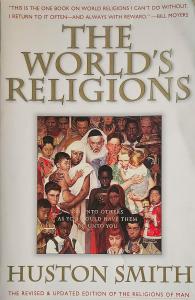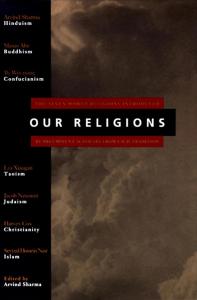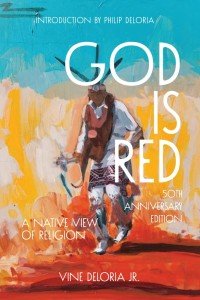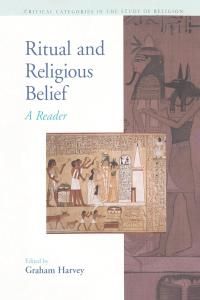Review
The Sacred and The Profane: The Nature of Religion by Mircea Eliade is a thought-provoking and insightful book exploring religion's fundamental concepts and the human experience. Through a comparative analysis of various religious traditions and cultures, Eliade delves into the dichotomy between the sacred and the profane and how it shapes our understanding of the world.
The primary goal of this book is to examine the innate human need for the sacred and its role in shaping our understanding of the world. Eliade argues that the human experience is deeply intertwined with the concept of the sacred, and that religious beliefs and practices are a universal aspect of human culture. He also explores the idea of the profane, or the mundane and ordinary, and how it contrasts with the sacred.
Through his extensive research and analysis, Eliade provides a comprehensive understanding of the nature of religion and its impact on humanity. He delves into the origins of religious beliefs and rituals and how they have evolved and adapted over time. The book also delves into the role of myth and symbolism in religious practices and how they help us to make sense of the world and our place in it.
By exploring the dichotomy between the sacred and the profane, he challenges readers to consider the role of religion in their daily lives and the larger human experience.
One of the key themes of The Sacred and The Profane is the concept of the sacred as a universal human experience. Eliade argues that the need for the sacred is inherent in human nature and that religions and religious practices are a response to this fundamental need. He explores how different cultures and societies have conceptualized and expressed the sacred, from ancient civilizations to modern times.
In addition to the universal aspects of religion, Eliade also examines the diversity and complexity of religious beliefs and practices. He discusses how cultures have understood and experienced the sacred and how these beliefs and practices continue to evolve and shape the human experience. By highlighting the similarities and differences between religions, Eliade promotes a deeper understanding and respect for different cultures and their beliefs.
Another important aspect of The Sacred and The Profane is the role of myth and symbolism in religious practices. Eliade argues that these elements play a crucial role in helping individuals and societies make sense of the world and their place in it. Through symbols and myths, people can tap into the sacred and connect with the divine, providing a sense of meaning and purpose in their lives.
Eliade's work also challenges the traditional dichotomy between the sacred and the profane, suggesting that the two are not mutually exclusive. He argues that the sacred can manifest itself in the mundane and ordinary aspects of life and that religious experiences can occur in everyday activities. This challenges traditional notions of religion as a separate and sacred realm and encourages a deeper integration of the sacred into all aspects of life.
The Sacred and The Profane is not only a valuable resource for scholars and students of religious studies but also for anyone seeking a deeper understanding of the human experience. Eliade's writing is clear and engaging, making complex ideas accessible to a broader audience. By examining the universal aspects of religion, he sheds light on different cultures' diverse beliefs and practices, promoting a greater understanding and appreciation for the diversity of human experience.
Overall, its primary purpose is to provide a comprehensive and insightful exploration of the nature of religion and its impact on humanity. Through his thought-provoking analysis, Eliade encourages readers to reflect on their beliefs and understanding of the sacred and how it shapes their world perception.






